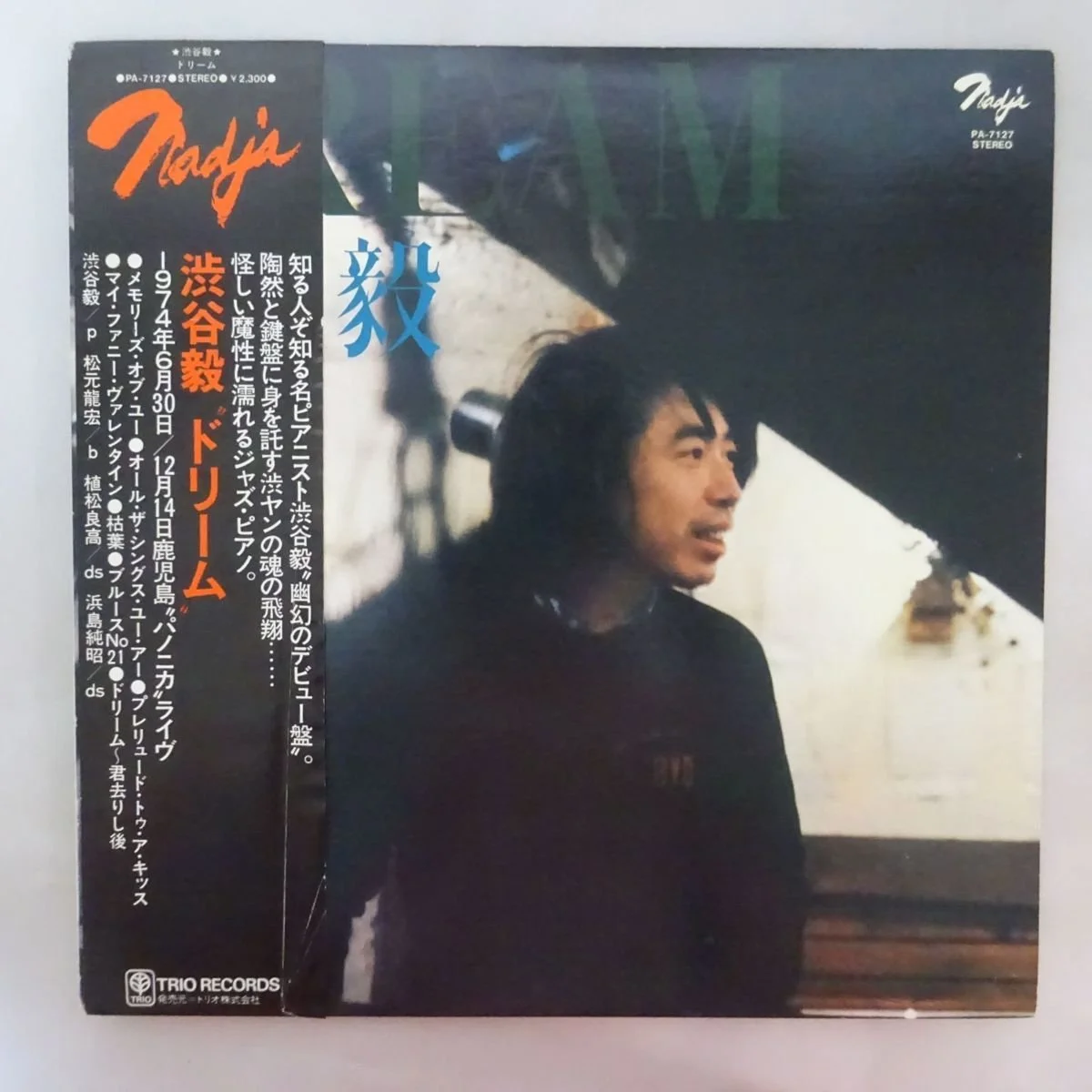Bartika Eam Rai – Bimbaakash
Not all sadness is the same dad, he was trying to explain to his ageing father. Pa had spent much of the mid-seventies damming one of India’s major rivers with other ‘sons and daughters of the newly independent nation’. Come rain, come sleet, they bored through terrain, mixed concrete, fixed slabs, built barricades against portented landslides. They walked through the villages the dams would one day help electrify, inaugurating schools, distributing grain, convinced they weren’t simply civil engineers, masons, and accountants in the public works department, that they were more than just cogs in the world’s most unwieldy bureaucratic wheel; they were nation-builders. And they believed the nation would be built in their image: that the laundry room in their quarters, whose Muslim staff from Allahabad folded veshtis, turbans, (even saris! as pa would say), was but a microcosm of all of India. That the utopia they were told their parents had heard their nation’s new prime minister promise would come – give it a couple of decades – that they were doing their part in building it.
Now, in two thousand seven, in a hilly suburb of San Francisco, Dev was trying to explain to his father why he and Rosie were applying to be American citizens, why it wasn’t likely that they’d give him and ma the gift of grandchildren soon, and why he would, the moment this citizenship exercise was done and dusted, likely quit his middle management job at Hewlett Packard and start his own business in San Diego selling inventory management software to factories, as Rosie would hold her job at Apple. Above all, he was trying to run through the different kinds of sadness in the world, trying to explain the nuances of heartbreak to a man who had, in the eighties, rejected the promotion he’d spent his whole professional life working towards because it would mean spending more time away from his wife and only child.
In the eyes of all his now-retired colleagues, Muthuswamy, or Muthu as they knew him, had raised a bright boy, an electrical engineer from one of India’s best colleges, a graduate in the lucrative field of “IT”, (and now soon to be an American citizen!) He was a good boy, not like Parab’s good-for-nothing loafer of a son who had dropped out of not one but two degree courses, or Ranjani ma’am’s son who was rumoured to have divorced his wife to move into the Osho ashram in Pune (can you imagine!) Dev was a good boy; a big guy in HP, a house with a backyard, settled now; the strife-ridden road to his love marriage now a hiccough from a distant past. Truth is, Parab had told Muthu when they met the day before his flight to America, Dev had always been a good boy; you shouldn’t have fought him as hard as you did all those years ago. You don’t know the sort of trouble the rest of us have to deal with, Dev found himself a nice, accomplished lawyer to marry. A good girl.
With Rosie and Mrs. Muthuswamy out doing chores on this particular Saturday afternoon, Muthuswamy had thought he’d take a rare moment alone with his son to ask him how he planned to invest the money he had still had saved in his Bangalore bank account, India is growing rapidly. A few left turns, and he found himself hearing Dev say the words not all sadness is the same. They hung heavy in the air of this uncharacteristically near-tropical afternoon in the late San Francisco spring. He was reminded of a story his mother had told him when he was growing up in Thanjavur.
In the years that Muthuswamy’s father spent working for the British, the British officers of the Madras Presidency’s Department of Records would spend most summer afternoons in their quarters, leaving the working people like your father with a lot of time to pass, drinking tea and swatting flies. It was only natural, the story suggested, for the otherwise overworked recordkeepers of the otherwise understaffed department to take the opportunity to catch a sumerlong breather. But the peons of the department, poor boys – actually don’t know if we should call them paavam or lazy, found themselves overworked – when they’d otherwise have to go get two rounds of coffee for the office staff in attendance in other months, in the sweltering summer heat, they found themselves making four rounds with overfilled trays. Nobody took a single off in May and June, not even that lazy Kumar who was always achoo achoo, fever, headache.
On one such summer day, Raja, he was the head peon, who was in his final day of service before retirement, refused to get the officefolk coffee. Appa always liked Raja, he asked him, why da, when all the big bosses ask you never complain, but now we’re asking one time, you’re saying no, I won’t bring? In response, Raja, who had never taken one day break also since appa joined the department, said, one time aa, you make us go for small small things all the time sir, you’re our people no sir, not like those people, it’s hot for us also no sir?





